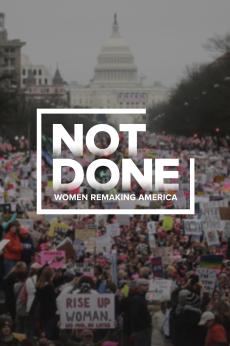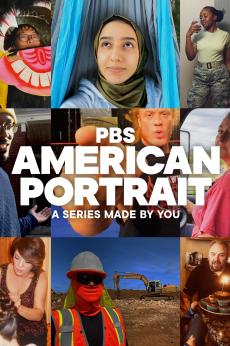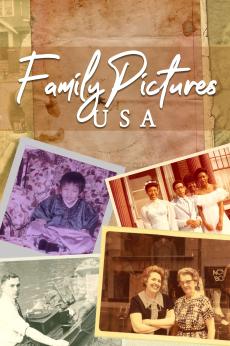PBS PASSPORT
Stream tens of thousands of hours of your PBS and local favorites with WETA+ and PBS Passport whenever and wherever you want. Catch up on a single episode or binge-watch full seasons before they air on TV.
Similar Shows
Poster Image

Latinos Are Essential
Culture
Poster Image

Self-Evident
Culture
Poster Image

Thomas Hart Benton
Culture
Poster Image

The Address
Culture
Poster Image

Not Done: Women Remaking America
Culture
Poster Image

Prideland
Culture
Poster Image

PBS American Portrait
Culture
Poster Image

College Behind Bars
Culture
Poster Image

Family Pictures USA
Culture
Poster Image

The Warrior Tradition
Culture